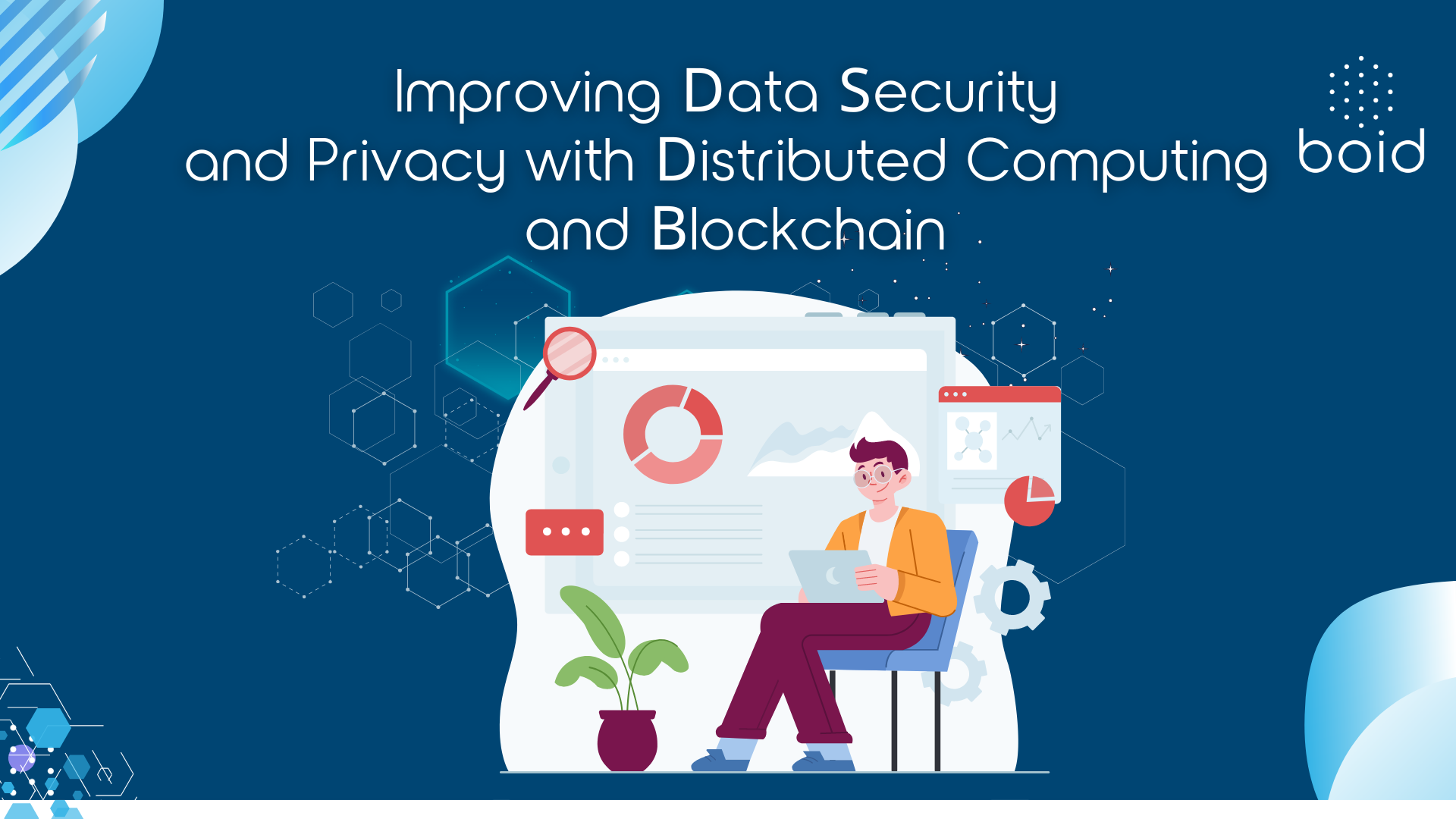Improving Data Security and Privacy with Distributed Computing and Blockchain

Improving Data Security and Privacy with Distributed Computing and Blockchain
In the current digital era, data security and privacy have become fundamental concerns for both individuals and organizations. With the exponential growth of data generation and sharing, it is crucial to have effective mechanisms to protect sensitive information. In this context, the combination of distributed computing and blockchain technology has emerged as a promising solution. In this article, we will explore how these technologies can enhance data security and privacy, and how they can work together to provide greater trust in the digital environment.
What is Distributed Computing? Distributed computing is a paradigm in which a set of interconnected devices or nodes work together to perform data processing and storage tasks. Instead of relying on a single centralized server, distributed computing leverages the computing power of multiple nodes to carry out operations more efficiently and reliably. This means that if one node fails or is attacked, the other nodes can still ensure the availability and integrity of the data.
How does Blockchain Technology Work? Blockchain technology is a form of decentralized data storage and management. While it is primarily known for its application in cryptocurrencies like Bitcoin, its potential goes far beyond that. Essentially, a blockchain is an immutable and transparent digital ledger of transactions or events distributed across multiple network nodes. Each transaction is grouped into a block, and these blocks are chained together sequentially, ensuring the integrity and security of the data.
Improving Security and Privacy with Distributed Computing and Blockchain:
A. Resistance to Cyber Attacks: Distributed computing makes it more difficult for attackers to compromise data security. Instead of attacking a single vulnerable point, an attacker would have to overcome the security of multiple nodes to access or alter the data. Moreover, blockchain technology uses cryptographic algorithms to protect stored data, making it extremely challenging to manipulate or counterfeit information.
B. Enhanced Privacy: Blockchain technology allows for the implementation of robust privacy mechanisms. By utilizing public key cryptography and digital signature protocols, users can maintain anonymity while conducting transactions. Additionally, blockchain technology can provide storage and data processing solutions without revealing sensitive information, using techniques such as encryption and data compartmentalization.
C. Verification and Transparency: The inherent transparency of blockchain technology enables users to verify the integrity of the data. Every transaction or event recorded on the blockchain is visible to all participants, facilitating the detection of manipulations or fraudulent activities. This can be particularly beneficial in sectors such as supply chain management or electronic voting, where transparency and auditing are crucial.
D. Elimination of Intermediaries: The combination of distributed computing and blockchain can reduce dependence on intermediaries in various transactions and processes. By eliminating intermediaries, the risk of data breaches or malicious activities is reduced since data is stored and managed in a decentralized manner. This can be particularly relevant in areas such as financial transactions, smart contracts, and identity management.
The combination of distributed computing and blockchain technology has the potential to transform data security and privacy in the digital era. These technologies provide a decentralized and resilient approach to data storage and management, enhancing trust in the digital environment. As society continues to advance into the information age, it is essential to consider these innovative solutions to safeguard our data and protect our privacy.

